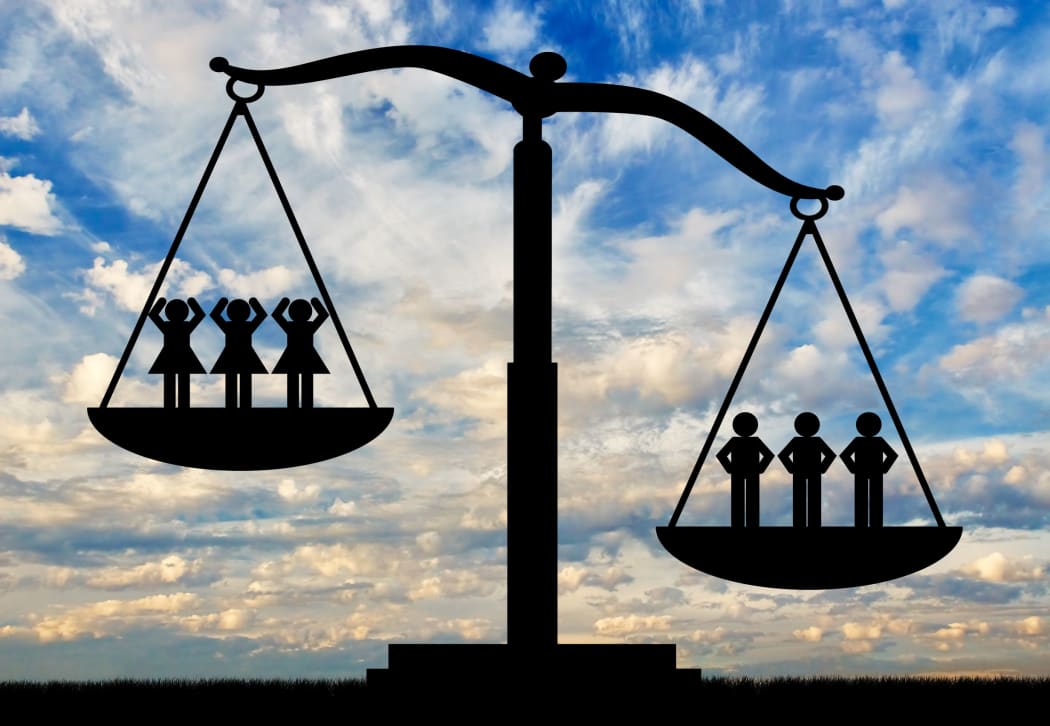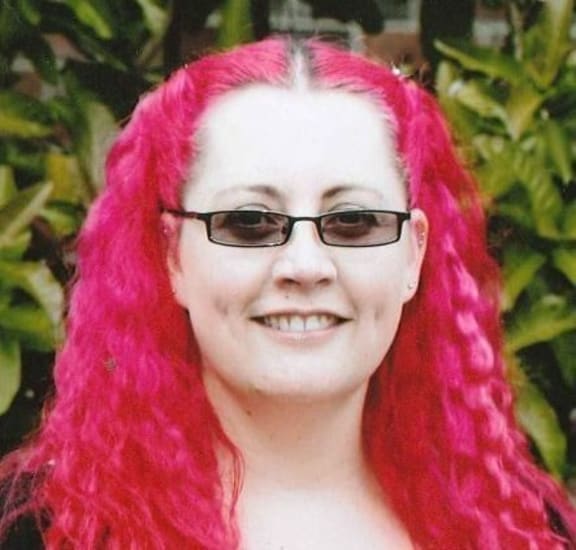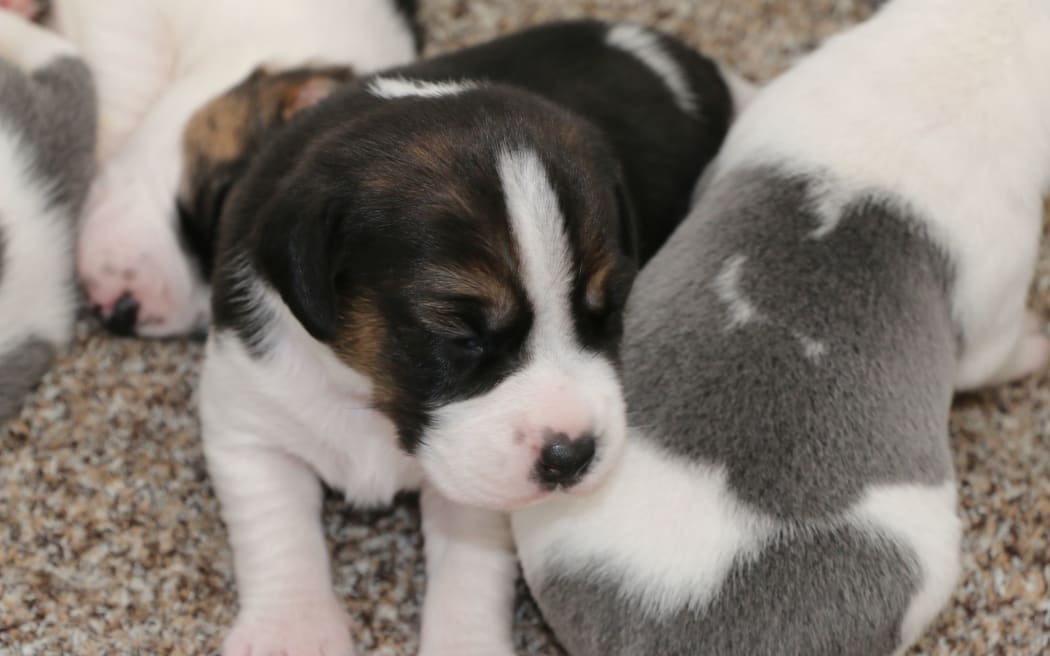Men are more likely to be called by their surname and scientists called by their surname are more likely to be considered eminent, as microbiologist and science commentator Siouxsie Wiles explains.

Photo: prazis/123RF
"I have had this experience many times," Dr Wiles says.
"I will be standing next to my colleague who’s you know, Doctor whatever, a dude, and then he will be introduced as ‘here is doctor so-and-so, and here’s Siouxsie’.

Dr Siouxsie Wiles Photo: Supplied
"They found that students, regardless of whether they were men or women, were more likely to refer to their male professors by their surname, than their first name.
"And if a male professor had more feminine traits, so they were kind of helpful, or understanding, or emotional, they were more likely to be referred to by their first name than their surname."
She says a second survey looked at radio shows in the US.
“So they had nearly 10,000 references from more than 3000 segments, and they showed that the speakers were more than twice as likely to use a surname when speaking about a man than when speaking about a woman."
A third study took volunteers and asked them to write sentences about a scientist based on bullet points, and randomised whether the name was Dolores or Douglas.
"And again they found that the people - men and women - were more likely to write about the male scientist using his surname and the female scientist using her first name … and it was quite staggering how much more."
She says another study posed a fictional grant proposal showed two options - one with a gender-neutral surname and one with a first name.
“And again, the sheet of paper that had the surname on it was decided to be more distinguished, more eminent … than the one where they used the person’s name.
“And when asked who they would give the money to if it was an award for distinguished scientists, they would go with the person with the surname.
“Even when these things are identical, the CVs are identical, it changes whether we think people are distinguished or deserving of funding or not, which is just bonkers.”
Puppies' social learning

Photo: Supplied
Dr Wiles also spoke about a recent study on puppies' social learning abilities.
She says social learning is about following another's example.
"Lots of animals have this kinds of social learning, so somebody who has less experience learns from somebody who has more experience."
She says many studies have been done into social learning in dogs, but not so much on young puppies.
This one looked to figure out if it mattered who the puppies were learning from.
"They either had their mums, or an unfamiliar dog, or a human open a box - a puzzle box - that had a tasty treat inside.
"What they found was that it didn’t matter who showed it to them … but what they found was that they learnt faster from an unfamiliar dog."
She says it could be the case the dog might find an unfamiliar dog more interesting and new than a human or their mother, and therefore pay them more attention.
Dr Siouxsie Wiles is an RNZ science commentator and a microbiologist and senior lecturer at the University of Auckland. She has a passion for making science easily understandable for the general public.

